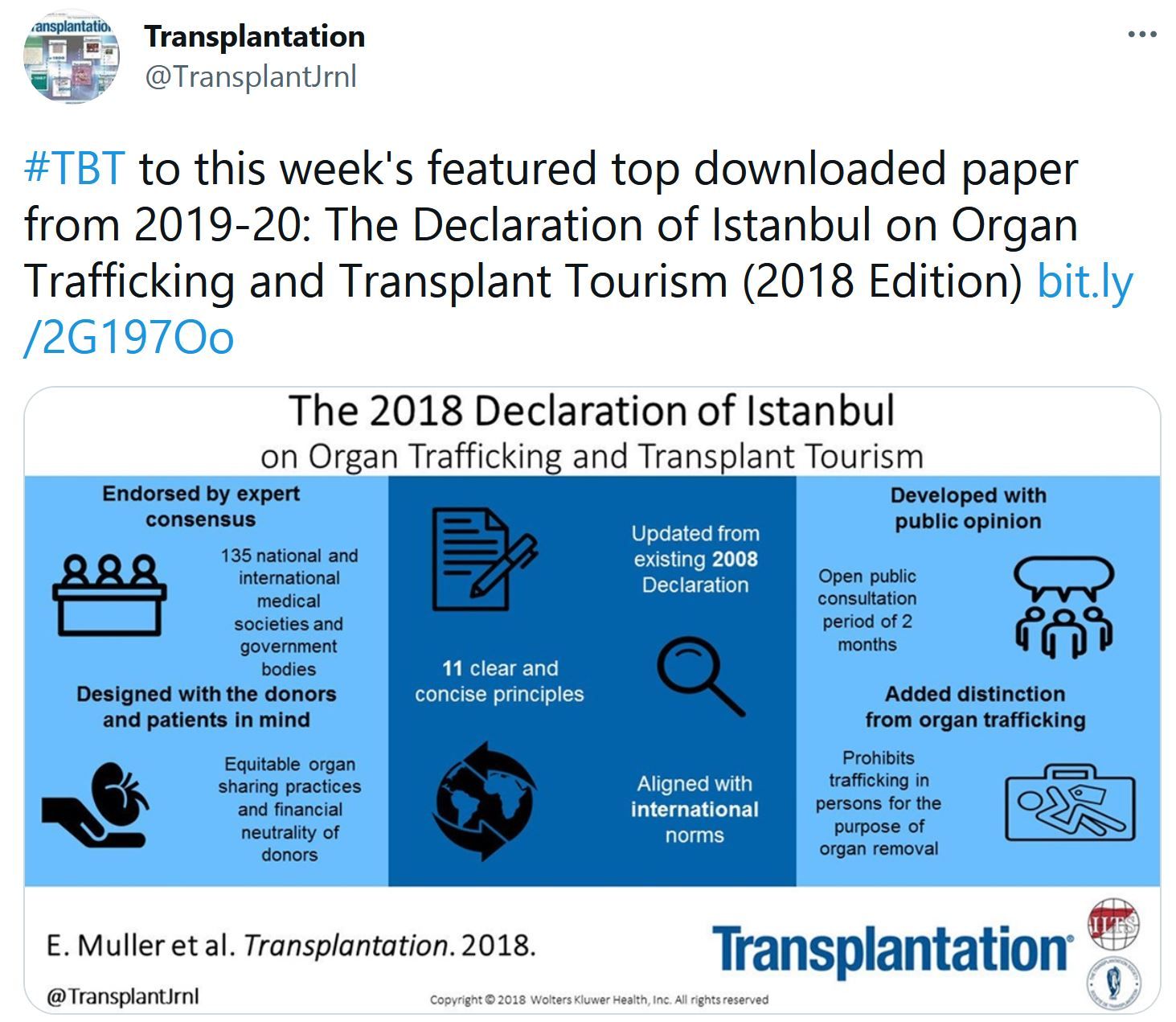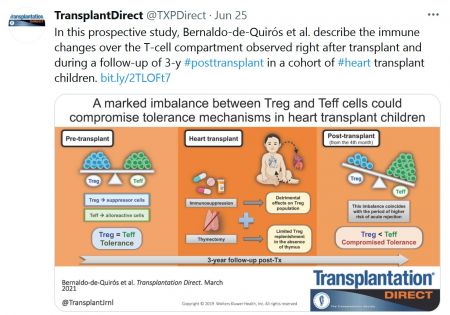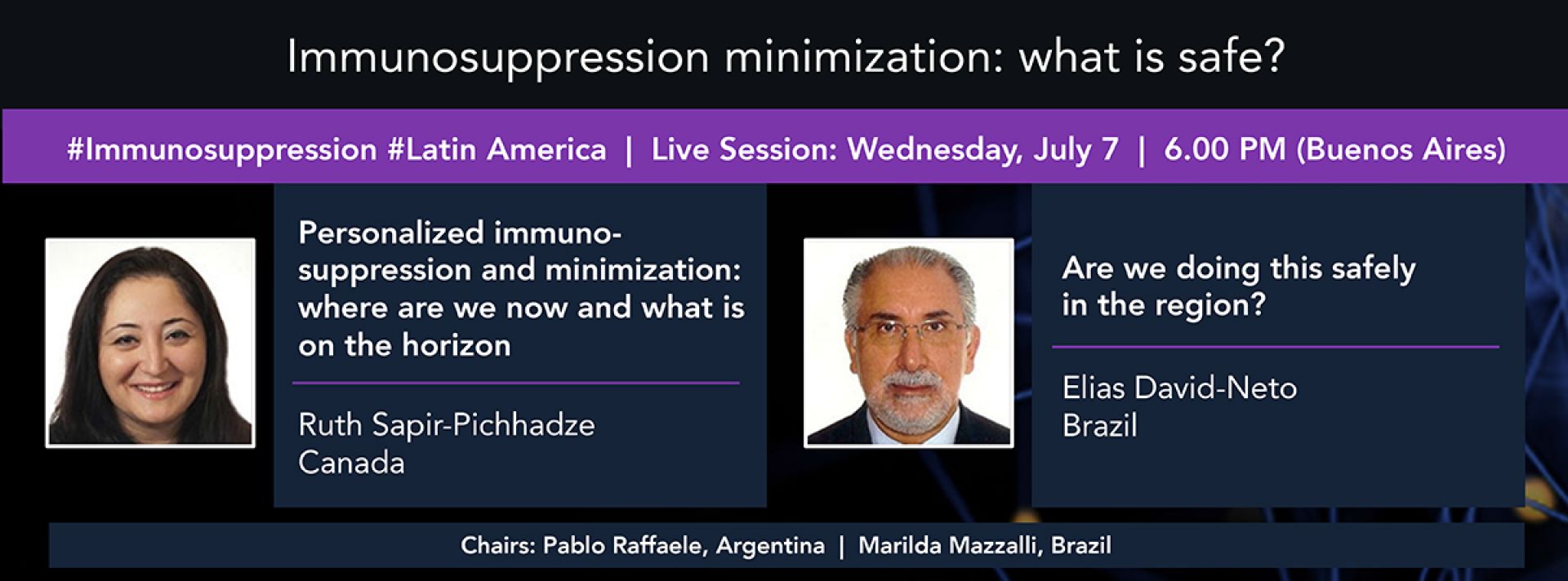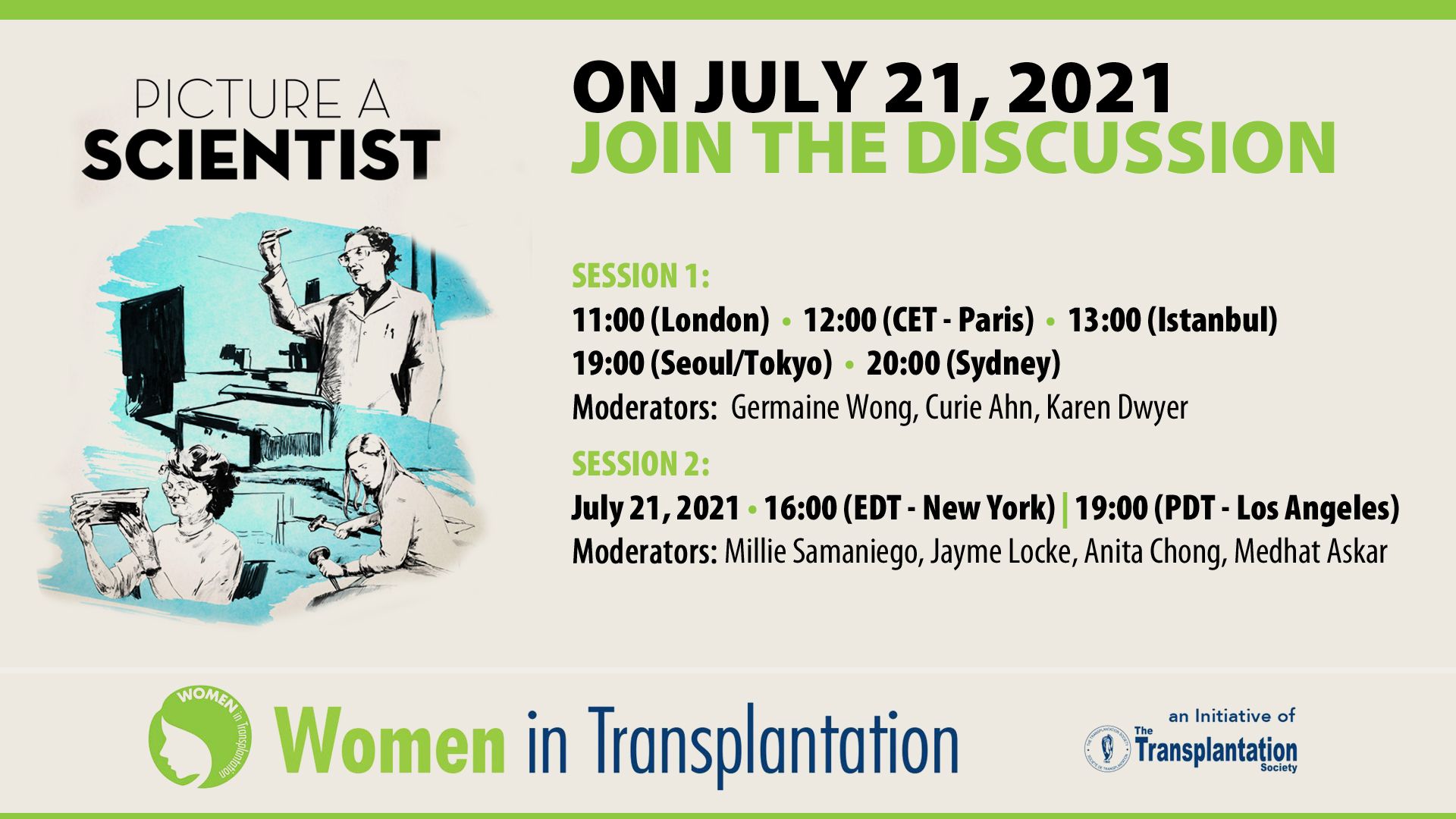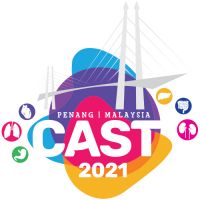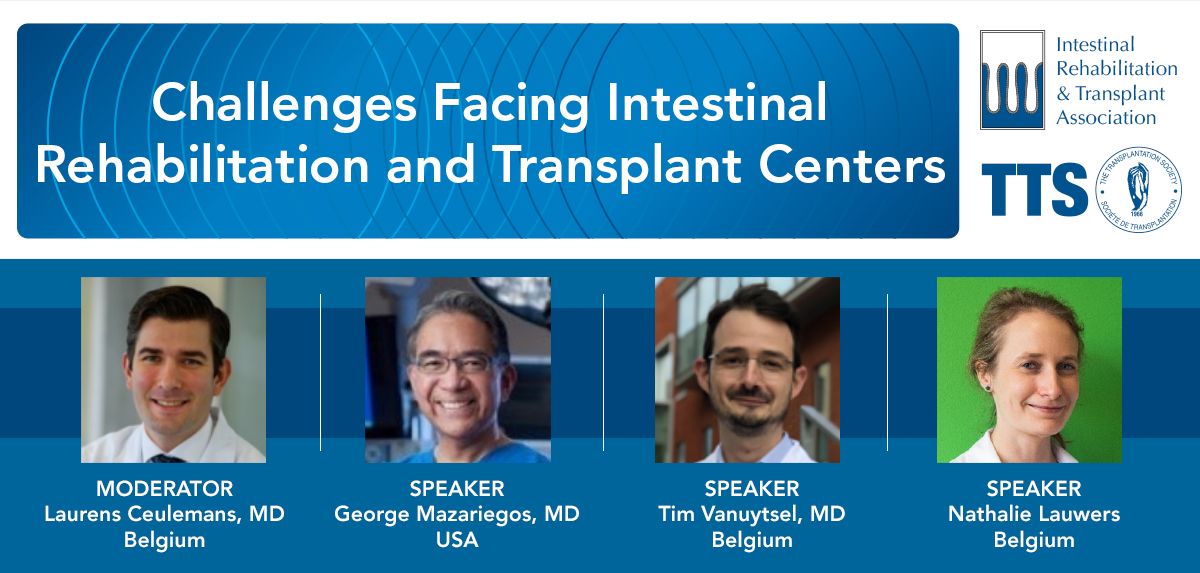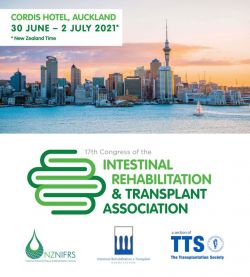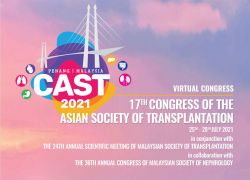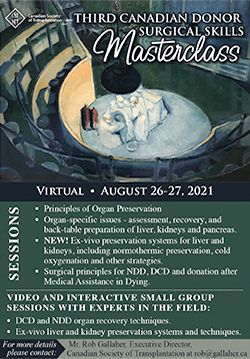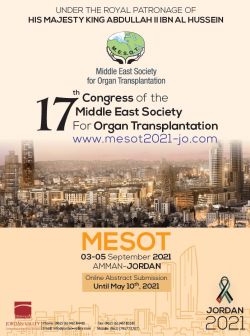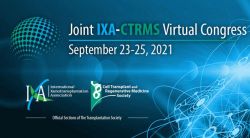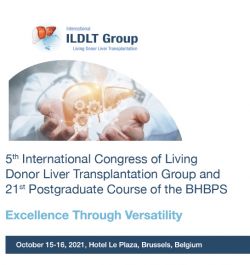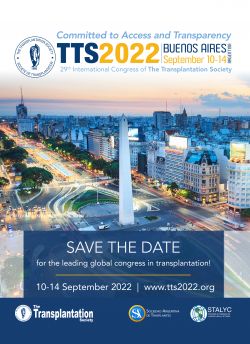
Transplantation July 2021 Issue
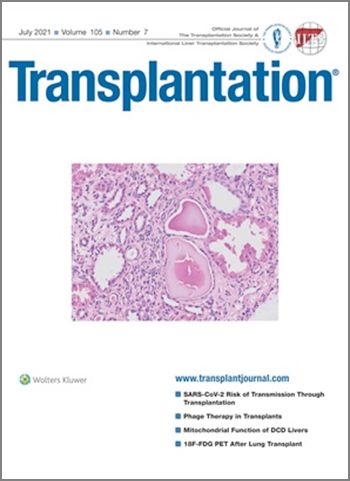
JUST RELEASED - TRANSPLANTATION - JULY ISSUE
In this issue the unfolding story of COVID in transplant recipients is further exposed. HIV, CMV and phage therapy add to the focus on viruses. A series of technologies applied to questions in transplantation show their value: from 18-FDG-PET scanning, to deep sequencing T cell receptors and high throughput metabolomics. Long term outcomes from sequential bone marrow and kidney transplants are reported as are combined liver and kidney transplants. Antibodies continue to figure large in research as described in several papers including a masterful overview of non-HLA antibodies.
CLICK HERE TO ACCESS THIS ISSUE
TTS MEMBERS - CLICK HERE TO SIGN-IN FOR OPEN ACCESS THROUGH TTS.ORG
SAVE THE DATE for TTS 2022

Transplantation - Editor-in-Chief Highlighted Article

Dr. Jeremy R. Chapman
Editor-in-Chief, Transplantation
SARS-CoV-2 Vaccination, Immune Responses, and Antibody Testing in Immunosuppressed Populations: Tip of the Iceberg
Transplantation: June 17, 2021 - Volume Online First - Issue -
doi: 10.1097/TP.0000000000003859
Transplantation is keeping the community updated on data about COVID and transplant patients. The latest papers are available online including a recent commentary on the problem of Vaccination by Woodle et al.
What we know so far:
Two mRNA vaccine shots deliver an antibody response in about 40-50% of patients but is quite weak in some of those people. A third shot may help boost that response rate a bit. Taking Belatacept prevents a response, as one might expect, standard therapy with Mycophenolate and Tacrolimus reduces responses. We also know that breakthrough infections occur and can result in very severe disease in our patients and even death.
Please read the details in Transplantation so you can keep up to date in the advice you give your patients.
Highlighted Tweets
TTS Masterclasses: Immunosuppression Series July 5 & 7
Local time (Corresponding local time at your current location)
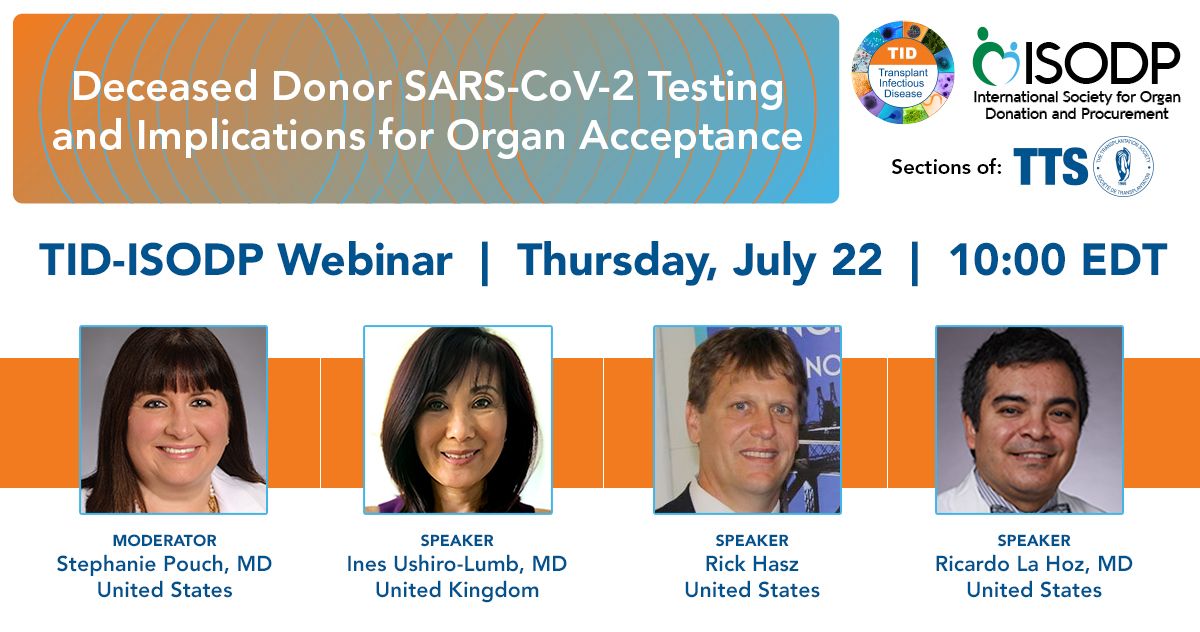
Contact
Address
The Transplantation Society
International Headquarters
740 Notre-Dame Ouest
Suite 1245
Montréal, QC, H3C 3X6
Canada
Используйте Вавада казино для игры с бонусом — активируйте промокод и начните выигрывать уже сегодня!






